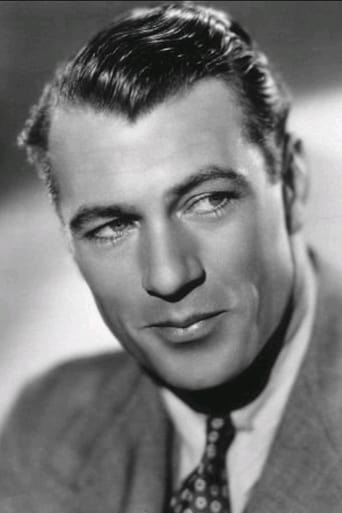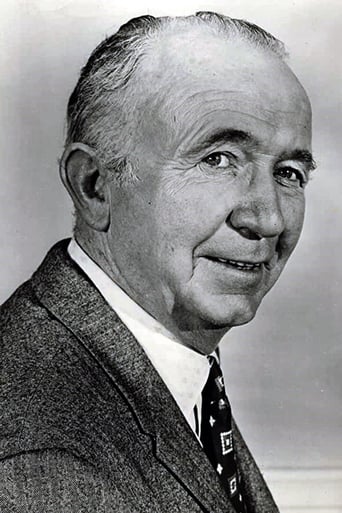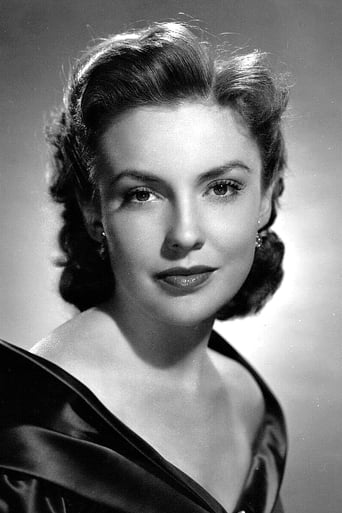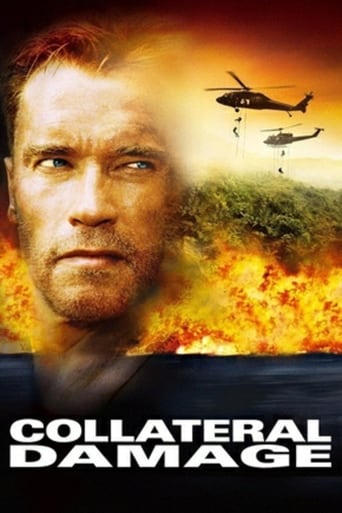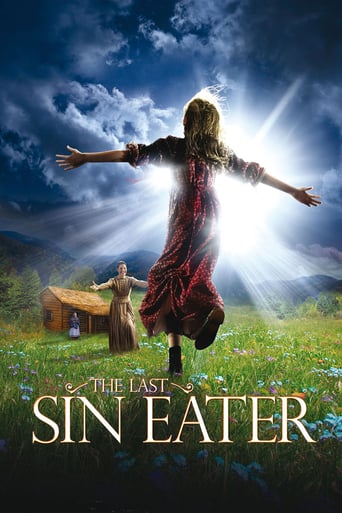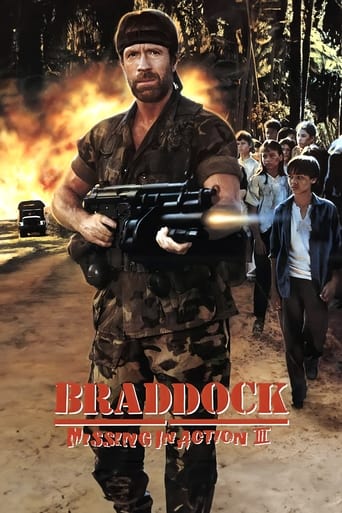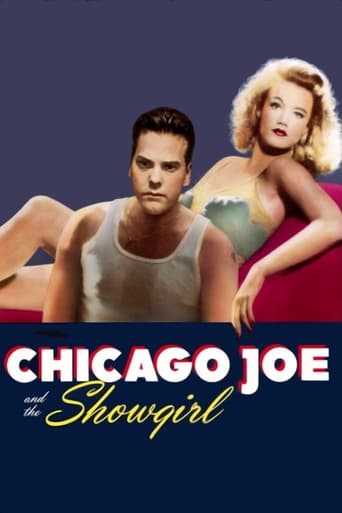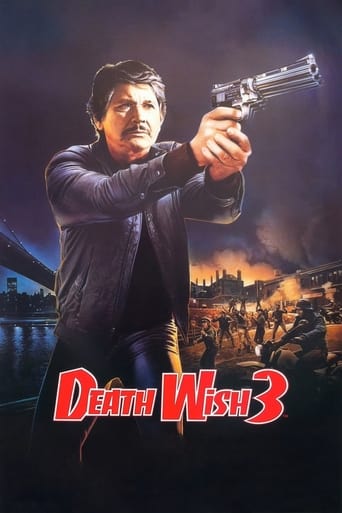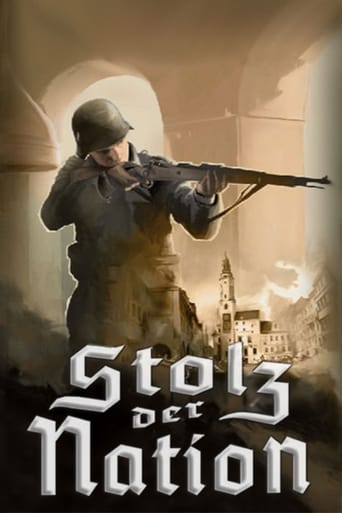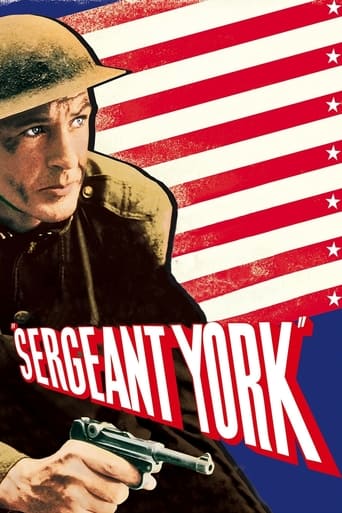
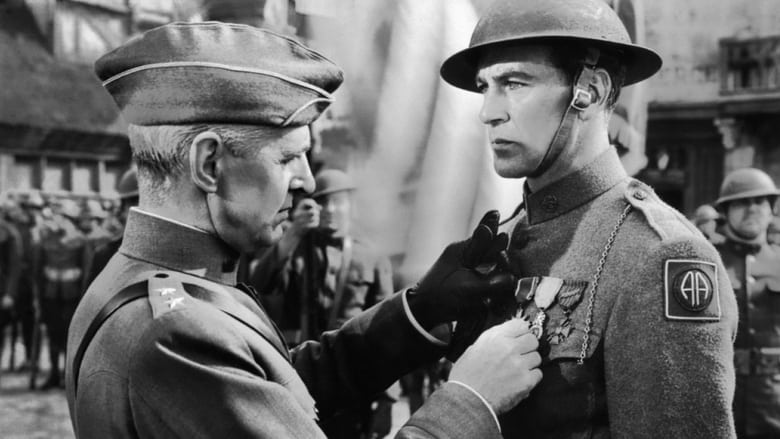
Sergeant York (1941)
Alvin York a hillbilly sharpshooter transforms himself from ruffian to religious pacifist. He is then called to serve his country and despite deep religious and moral objections to fighting becomes one of the most celebrated American heroes of WWI.
Watch Trailer
Cast


Similar titles
Reviews
This has been my favorite film since I was 12 years old in 1989. I'm not the type of person who has heroes but if I did Alvin York probably would be it. York the person, not the WWI hero he's been portrayed as. He wouldn't allow a film to be made about him because he didn't want to glorify violence especially of war and the death it entailed. He felt sorrow for the men he killed during the war his entire life.Obviously this film is propaganda; the fact York would only allow Gary Cooper to play him is probably one of the main reasons it wasn't made until 1940. Film execs tried for many years before then but York kept saying 'no'. The average difference of the two during WWI is huge. York was 28 and Cooper was 39 to 40 when making the film. Then you have Joan Leslie, really good in her part but she was 15 years old when this film was made. Kind of uncomfortable watching a 40 year old making out with a 15 year old but it is just acting, I guess. Joan Leslie was great in her role, I really can't imagine anyone else playing Grace.This film sort of portrayed York as an atheist who turned Christian. Never happened. He was always a Christian. The only change was that he became a pacifist Christian like his mother. As an atheist myself (for 28 years) I find that not only insulting atheists but also York himself. That's part of the propaganda that is this film. It was made for the looming war about to happen whether that year or the next. The film also made it seem as if York solely captured 132 Germans when in fact that's slightly untrue. He had help. Two of which didn't receive awards for their actions until decades later. One, not until the mid 1960s. There's a lot of fiction in this film which is why I never get my history from film; almost every film dealing with history always fictionalizes for some type of benefit. Which is sad, really. Unlike other propaganda films of the time this one has good production value, strong cast, great script, etc., if one who has seen the film knows about the actual York then one would know even his "biography/diary" was fictionalized but on York's end it had a good purpose rather thsn a deceitful one: he was trying to bring education to Tennessee people like him who had little to no education at all.Now while I like this film because of York, what he did, etc., he's not my favorite in this film. George Tobias as 'Pusher' is my favorite in this film. I've never seen a film Tobias was in that I didn't like and his character in this was great. A lot of things wrong with this film but a lot of things right with it which, ironically, makes it quite perfect. To know the true story of this film, as stated above: don't read his diary, unless you can find the original diary because otherwise his life outside this film is somewhat fictional, for good reasons, though. Even a lot of the speeches he gave in real life were written by other people, professional writers, for him to say. One can tell by how grammatically correct they are. York was borderline illiterate, he spoke and wrote how he thought; he was only in school for less than a year as a child. His childhood was the epitome of poverty. Children back then didn't go to school, they worked the fields. York was a violent alcoholic, that is true but he attended church regularly. He was never an atheist, as stated. It's a great film but mainly fiction.
Reported to be Gary Cooper's favorite film role, and probably mine as well. In the charisma department, he is abetted by the presence of Walter Brennan, made up to look older than his 47 years. Brennan plays the local parson and store keeper for this rustic community of farmers. He appears to be one of the few of this community who has had significant "book larnin'". Periodically, he showed up to discuss Alvin's problems and philosophy relating to religion and violence.Margaret Wycherly plays Alvin's aged widowed mother, with big soulful eyes, mostly silent and slow to move around. She would play Ma Forrester 5 years later, in "The Yearling" : a very similar type of role, in another rustic setting. Both Brennan and Margaret would receive Best Supporting Actor nominations for their performances in this film. Incidentally, Clem Bevans, who played the minor character of Zeke, would play Pa Forrester in "The Yearling": a very distinctive character.Ex-Little Rascal Dickie Moore played Alvin's kid brother, George. He was the same age as Joan Leslie, who played Alvin's girlfriend and future wife, Gracie. Thus, based purely upon age, George and Gracie seemed a much more likely couple than Alvin and Gracie. 40 year old Cooper came across as more appropriate as her father. Joan was the same age as the real Gracie at this time. The real Alvin was 30: a much more common age spread than the 24 years spread between Cooper and Joan. In those days, a young man often had to wait until he was 25-30 or so before he had the financial means to support a family. In Alvin's case, he also was the sole support of his mother and young siblings. Also, in those days, rural women often were worn out before their time, birthing babies, along with their many indoor and outdoor chores. When looking for a replacement wife, a man often looked for a young woman who was looking for security.The balance between Alvin's civilian and military lives I though was about right. This is not primarily a war movie, although Alvin's fame derived from one war incident, in which he along with 7 privates captured 132 Germans, along with killing a bunch. I thought the battle scenes in recreating this accomplishment were well done. The dismal trench warfare of the western front cried out for a few publicized heros. Alvin wanted to forget about the war as soon as possible, saying he wasn't especially proud of what he had done over there. It was just a job, to reduce the killing. To have cut short his civilian life would have much reduced the general appeal of the film. Like the later "The Yearling", it gives a somewhat authentic snapshot of a segment of Americana early in the 20th century that most urban people had never encountered. York made various demands upon his agreement to sell the rights to his story. Firstly, his share of the profits would go to a bible school. Also, the actress who portrayed his wife must be wholesome, a non-smoker and non-drinker. Third, the screenplay must depict both the good and bad in his character. Fourth, Gary Cooper must play him. In fact, Cooper initially declined the role, and was only persuaded to accept it after meeting Alvin. Alvin had been subjected to repeated pleas to film his life since just after the war. It was only the beginning of WWII that induced him to agree. The Warners were vehemently anti-fascist and anti-communist. I have proposed elsewhere that several Warner-produced Errol Flynn films in the late '30s and 1940 likely had an intended anti-fascist subliminal message. Beginning in '41, this was transformed into 2 flag-waving biops relating the WWI, intended to promote acceptance of the eventual necessity of a formal entry of the US into the war. The other such film was "Yankee Doodle Dandy", released the following year. Warner later produced several musicals that were also blatant war propaganda films. This includes "This is the Army", "Thank Your Lucky Stars" and "Hollywood Canteen". They also released a number of WWII-related Errol Flynn war films during the war, along with "Casablanca".The present film and 'Yankee Doodle Dandy" share a number of similarities besides being nostalgic biop flag-wavers. Joan Leslie was the leading lady in both. Cooper and Cagney were both 40 or so, thus much older than the subjects they represented as well as the 16-17 year old Joan. Both were more than 2 hours long(too long for some, but I didn't think so), about 30 min longer than most feature films. Both were either the top or near top box office earners of the year. In both, the flag-waving aspect was diluted by copious time devoted to other matters.My title is taken from the last line in the film
Great WW1 drama.The story of the making of an American military legend. A quiet, unassuming man becomes a hero on the battlefields of World War 1.My first reaction was that the plot was a bit far-fetched, then I discovered that it was a true story! Pretty amazing stuff. Takes a while to get going though, and the dialogue can be irritatingly folksy, and these detract from what is otherwise a good movie. Once it gets going though, it is well worth the watch.Gary Cooper gives a superb performance in the lead role, well deserving his Best Actor Oscar. I actually can't imagine anyone else in the role, it is so perfect for him.
I can't say I find Gary Cooper a great all-around actor. But when he plays a character that is socially backward or awkward, he does a great job. In Sergeant York, he is convincing as the real-life Alvin York. I view this portrayal of a conscientious objector who deals with his inner doubts a companion piece to Cooper's great performance in Friendly Persuasion (1956).This is a compelling story about a simple man of principle. The fact that it is mostly a true story is icing on the cake. The plot, both before and after it involves WWI, is totally engaging.The hokey religious sub-story is mostly true, too. But the plot does a good job of showing that a man of conscience can interpret biblical passages to support any point of view (or its contrary), and shows that the final decision comes from within the man doing the soul searching if he is a self-determinant, which York is. He may be influenced by others, but his decisions are his own. And he always sticks to his principles.The rest of the cast is excellent, especially Walter Brennan as Pastor Pile.There are few stories in cinema that are as compelling as Sergeant York, so I recommend it to all. The main character is a hero in more than war.


